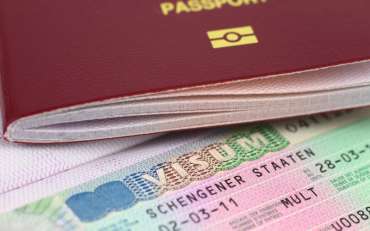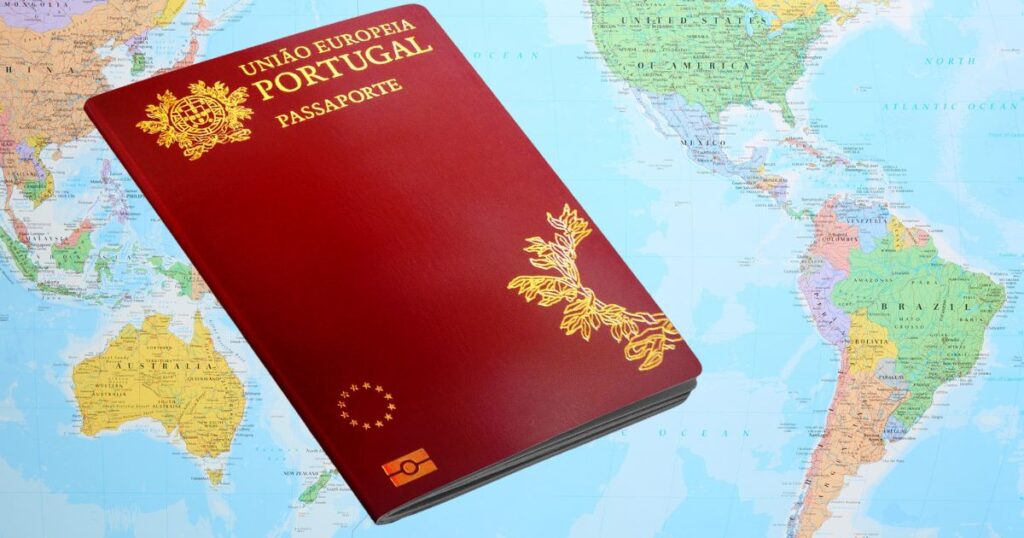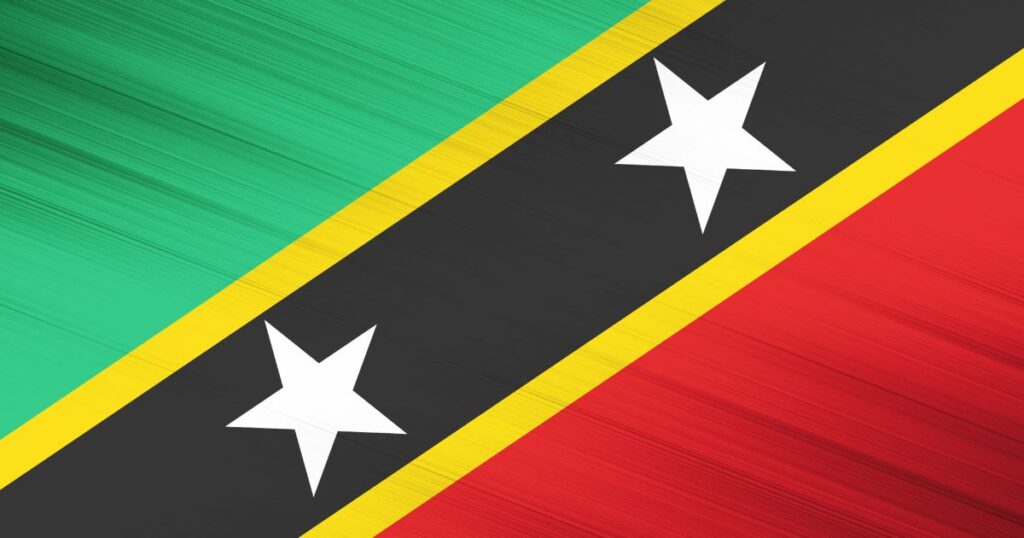Visa restrictions severely limit people and societies away from free movement and has negative impact on economy creating a huge barrier. Thanks to visa requirements, the human to human barrier has only increased in recent years further accelerated by tech companies, through social media apps creating a virtual world, preventing meeting real people with face to face conversations. The World is made up of 197 countries and 50 dependent territories, on an average a passport holder can only travel to 50 places in their lifetime. There is a loud call on governments worldwide to ease travel restrictions to restore travel, trade, and tourism. many potential travellers deterred by outdated visa application processes which are an obstacle to both tourism and economic growth among middle class. The Worst affected countries are from Africa, Asia and Middle East whilst zero visa restrictions in wealthier developed nations in US, Canada, Europe and Australia who holding powerful passports in the world etc.
Terrorism and national security and illegal immigration among developed countries, is providing a basis for an increase in visa entry requirements. While a number of developed nations argue these restrictions are only to prevent criminals, traffickers and illegal immigrants, to protect national borders, the problem has only become worse. 53% of the world population still requires a paper visa, according to UNWTO. Between 2008 to 2018, The percentage of travellers required to obtain a traditional visa has decreased from 77% in 2008 to 53% in 2018 and the removal of visas altogether from 17% to 21%. The reforms in visa liberalisation, the G20 would gain 112 million additional international tourists by 2015, representing US$206 billion in additional receipts and creating 3.1 million additional direct tourism jobs. There two success examples.
- India achieved a great success moving to visas. In 2014, the government of India introduced an eVisa for over 40 market. The policy essentially led to a 21% uplift in inbound demand which in turn is responsible for 2% of employment supported by Travel & Tourism or 800,000 jobs.
- In 2015, the Indonesian government introduced a 30-day visa waiver for the majority of source markets, mostly replacing its visa on-arrival. The resulting growth in annual visitor arrivals increased from 9.0%
Many countries use visa restrictions as a playground to limit entry to unwelcome travelers with algorithms making decision. The costs, long distance travel and hassle of obtaining a visa is a biggest hurdle with long waiting times, and fear of visa refusal, without giving any reasons. Government instead of signing more visa waivers through diplomatic channels, impose visas with each other and high fees, drains resources and manpower in vetting visas. Some countries play tête à tête with rising covid cases. EU Commissioner Johansson explaining the importance of visa reciprocity in an important speech said, “Suspending visa-free travel for US citizens would inevitably lead the United States to impose visa requirements for all EU citizens.”
Negative Effects
- Prevents cultures get to know each other, lack of knowledge and understanding about one country, fuels racism and anti-semitism and violence.
- Limits the growth of tourism market depriving themselves billions, biggest revenue earner.
- Limits education, job and business opportunities in developing nations.
- Ability to attend events, conferences and exhibitions.
- Impedes free flow of trade, investment, and ideas.
- Creates Inequality with those who can travel visa free and those not (based on their reputation of citizenship or passport). Citizens of high income countries enjoyed visa free access to many parts of world. Africa is one of the regions in the world with the highest visa requirements.
- Separates families and kin across borders from living cohesively.
- Strict Documentation with paper work, references required are extensive, along with fear of refusal causing a psychological trauma, driving away prospective visa applicants.
- Encourages a black market on illegal immigration, human trafficking, fake visas and passports.
- Job based discrimination for holders of powerful passports instead of skill set , as companies look to cut spending on acquiring visas.
A visa (permission) required and the requirements to obtain one vary depending on the country and the purpose of travel, such as tourism, business, research, sports, medicine, study, or work. A transit visa may be required for transit through a country .
About time to Retire Paper visas
Paper visas have great disadvantages where individuals need to apply in-person at a consulate as visa applicants are required to travel great distance to apply through a consulate of the country costing a fortune, often require multiple visits with interviews, fingerprinting, application filing etc. and often face long waiting periods before the visa is approved. One example is US B-1/B-2 visa waiting times stretch to more than 180 days, the same with schengen visa applications during peak demand. Travelers who booked their hotel and air reservations many months ago, still await their visas, have to postpone plan to next year or cancel altogether.
Electronic Visas have emerged as one of the most innovative solutions in the cross-border movement of people in the past decade Which have made life much more easier and cheaper. Electronic travel authorisations were implemented by US under Visa waiver program while EU is implementing the same version (ETIAS) by the end of 2023. Automated E-gate kiosks at airports prevent crowding and facilitate faster checkout process to many visitors.





